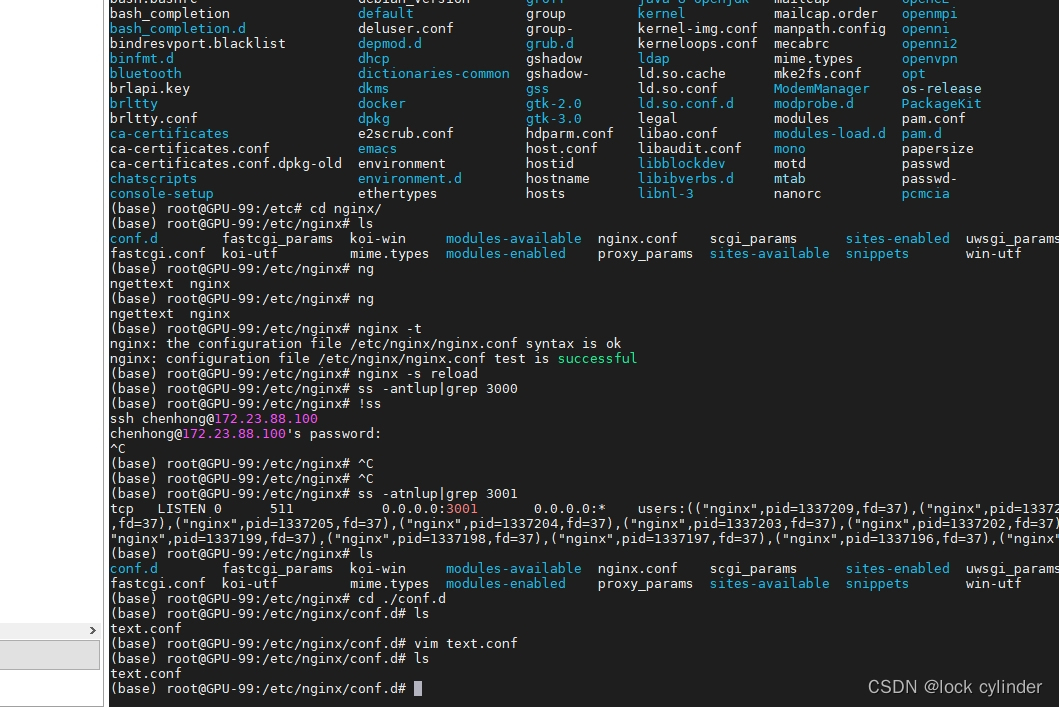111. Minimum Depth of Binary Tree
Given a binary tree, find its minimum depth.
The minimum depth is the number of nodes along the shortest path from the root node down to the nearest leaf node.
Note: A leaf is a node with no children.
Example 1:
Input: root = [3,9,20,null,null,15,7]
Output: 2
Example 2:
Input: root = [2,null,3,null,4,null,5,null,6]
Output: 5
Constraints:
- The number of nodes in the tree is in the range [ 0 , 1 0 5 ] [0, 10^5] [0,105].
- -1000 <= Node.val <= 1000
From: LeetCode
Link: 111. Minimum Depth of Binary Tree
Solution:
Ideas:
- TreeNode and QueueNode Structures: We define a TreeNode structure for the binary tree nodes and a QueueNode structure for the BFS queue.
- newTreeNode and newQueueNode Functions: These functions create new nodes for the tree and the queue.
- BFS Implementation in minDepth: We use a queue to perform BFS. For each node, we check if it’s a leaf. If it is, we return its depth. If not, we enqueue its children with their respective depths.
- Main Function: Demonstrates how to use the minDepth function and free the allocated memory for the binary tree.
Code:
/** * Definition for a binary tree node. * struct TreeNode { * int val; * struct TreeNode *left; * struct TreeNode *right; * }; */ struct QueueNode { struct TreeNode *node; int depth; struct QueueNode *next; }; // Function to create a new tree node struct TreeNode* newTreeNode(int val) { struct TreeNode *temp = (struct TreeNode *)malloc(sizeof(struct TreeNode)); temp->val = val; temp->left = temp->right = NULL; return temp; } // Function to create a new queue node struct QueueNode* newQueueNode(struct TreeNode *node, int depth) { struct QueueNode *temp = (struct QueueNode *)malloc(sizeof(struct QueueNode)); temp->node = node; temp->depth = depth; temp->next = NULL; return temp; } // Function to perform BFS and find the minimum depth int minDepth(struct TreeNode* root) { if (root == NULL) return 0; // Initialize the queue struct QueueNode *front = newQueueNode(root, 1); struct QueueNode *rear = front; // Perform BFS while (front != NULL) { struct TreeNode *currentNode = front->node; int currentDepth = front->depth; // Check if it's a leaf node if (currentNode->left == NULL && currentNode->right == NULL) { return currentDepth; } // Enqueue left child if (currentNode->left != NULL) { rear->next = newQueueNode(currentNode->left, currentDepth + 1); rear = rear->next; } // Enqueue right child if (currentNode->right != NULL) { rear->next = newQueueNode(currentNode->right, currentDepth + 1); rear = rear->next; } // Dequeue the front node struct QueueNode *temp = front; front = front->next; free(temp); } return 0; // This line should never be reached } // Function to free the binary tree void freeTree(struct TreeNode *root) { if (root == NULL) return; freeTree(root->left); freeTree(root->right); free(root); }



![[工业自动化-1]:PLC架构与工作原理](https://img-blog.csdnimg.cn/ce10a1471ed14382bc58364cf8bd5209.png)






还没有评论,来说两句吧...